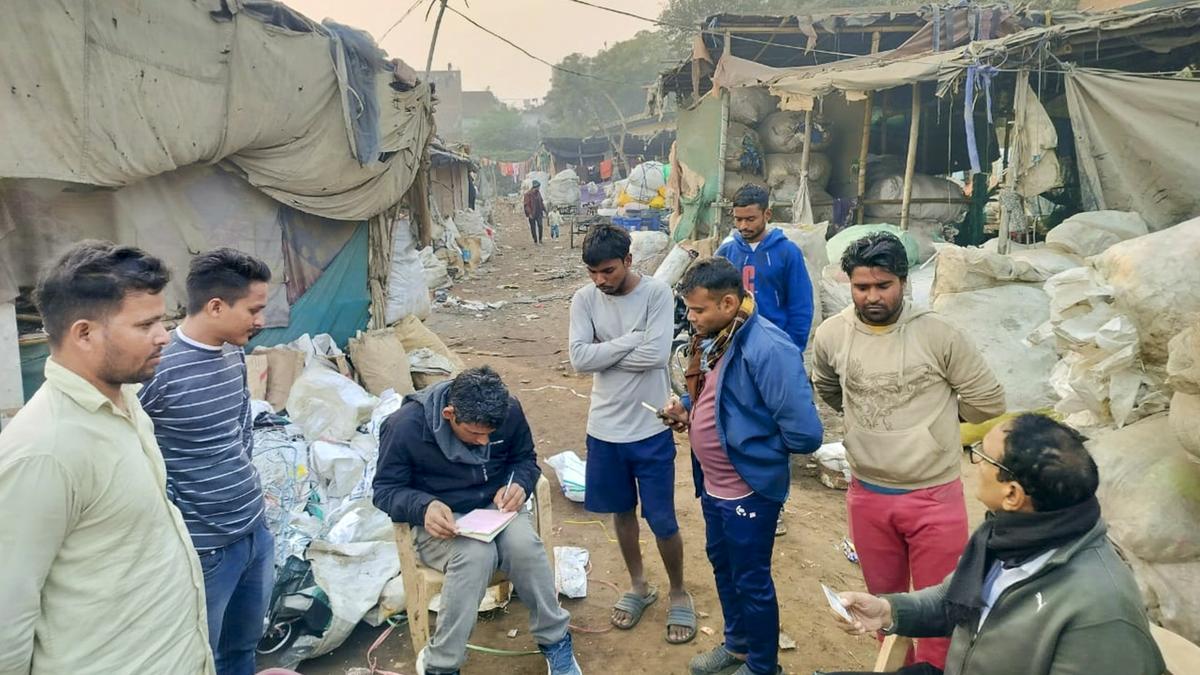
Delhi Police send teams to Assam, West Bengal to verify identities of ‘illegal’ Bangladeshi immigrants
The Hindu
Delhi Police verify documents of suspected Bangladeshi immigrants, leading to political tensions; over 30 deported.
Continuing its action against “illegal” Bangladeshi immigrants in the Capital, the Delhi Police sent multiple teams to districts in Assam and West Bengal to verify documents of individuals whose nationalities they are doubtful of.
The move comes after the Delhi Lieutenant Governor (L-G) ordered an intensive drive against “illegal” Bangladeshi immigrants living in the Capital on December 11, and directed the Chief Secretary and the police chief to launch a two-month special drive to identify and take strict action against such persons. This has caused a political upheaval where the BJP has accused the AAP of being voted to power by the “illegal” Bangladeshi immigrants; while the AAP has accused the BJP-ruled Centre’s inability to control such movement from the Bangladesh border.
Following the order, the police have now sent teams to multiple districts in West Bengal and Assam to verify the claims of those individuals they detained on suspicion.
“Before we send anyone for deportation, we are sending teams to their self-declared home States to check their documents and claims,” a senior Delhi Police official said.
He added that teams are visiting Nadia, Medinipur, Coochbehar in West Bengal and Goalpara in Assam to verify the documents and claims of the suspected individuals.
The police, since the Delhi L-G’s orders, have been visiting slums in Delhi’s Kalindi Kunj, Shaheen Bagh, Hazrat Nizamuddin and Jamia Nagar to check voter IDs and Aadhaar cards to identify suspected “illegal” Bangladeshi immigrants.
A senior police officer told The Hindu that multiple police teams had been formed in each district to visit JJ colonies, labour chowks and unauthorised colonies to identify houses where migrant workers live.

 Run 3 Space | Play Space Running Game
Run 3 Space | Play Space Running Game Traffic Jam 3D | Online Racing Game
Traffic Jam 3D | Online Racing Game Duck Hunt | Play Old Classic Game
Duck Hunt | Play Old Classic Game











